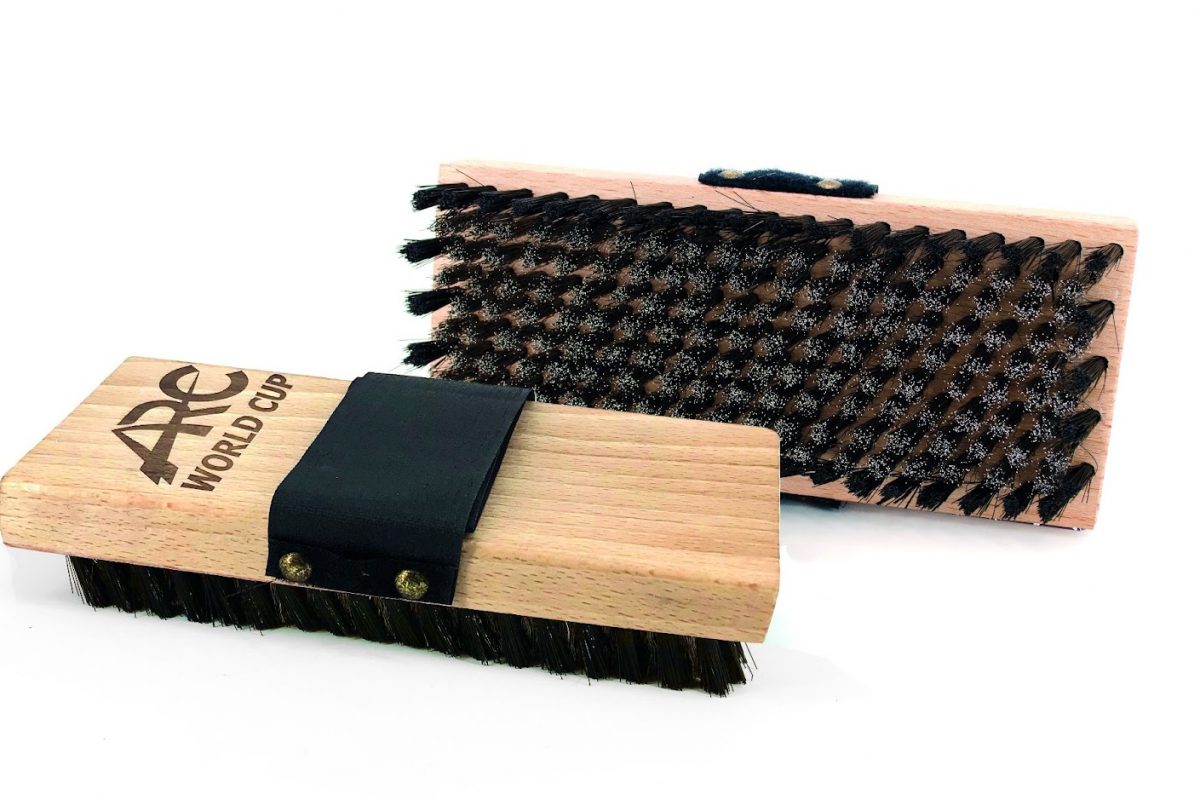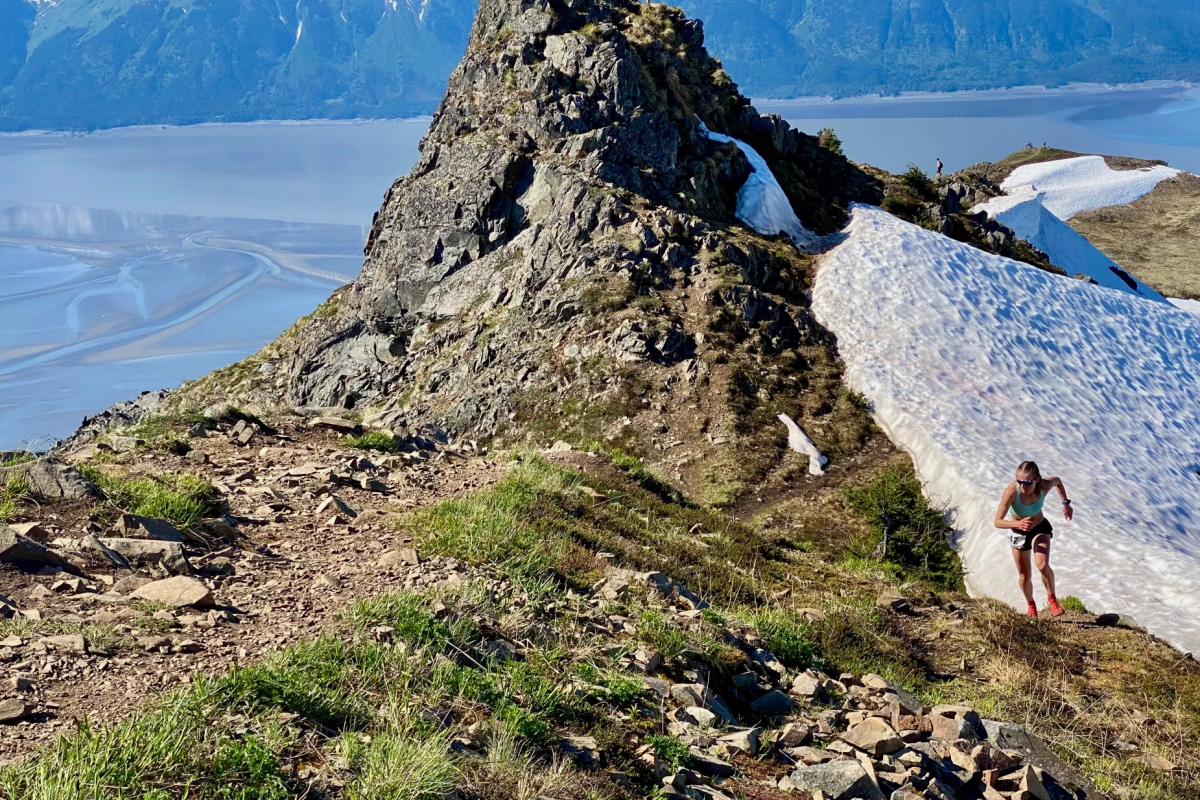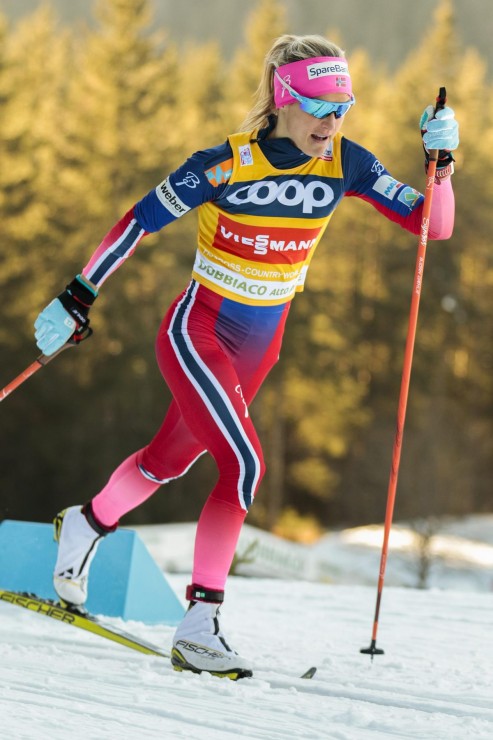
Taking her fifth-consecutive World Cup distance victory in Sunday’s 10-kilometer classic individual start classic race in Toblach, Italy, Norway’s 27-year-old Therese Johaug continued to dominate the women’s distance races this season.
No woman has been able to top Johaug’s incredible fitness this season as her smallest margin of victory was 17 seconds over only 5 kilometers in the opening races in Kuusamo, Finland.
“I don’t think I have ever been in such good shape in my life,” Johaug told FIS after winning Sunday’s race in 27:22.4 minutes.
The 34th starter, Johaug established her lead at the first checkpoint at 1.7 k (where she was 0.2 seconds ahead of teammate Heidi Weng) and extended throughout the two-lap race. By 2 k, she was 4.7 seconds ahead of Weng, and by the halfway point, she was 17 seconds ahead of another teammate Ingvild Flugstad Østberg, who moved into second.
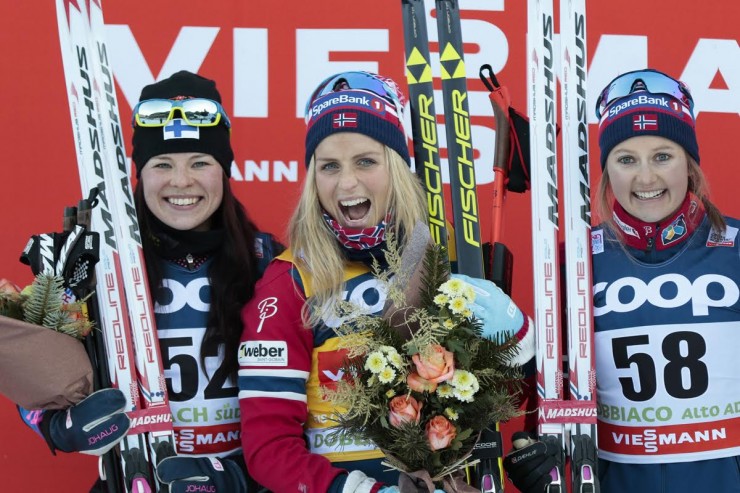
Johaug went on to win by 28.2 seconds over Finland’s runner-up Krista Parmakoski, who started 52nd. Norway had two on the podium with Østberg in third, 40.1 seconds behind Johaug.
The win marks Johaug’s 25th-career World Cup distance victory, which ties her for fourth on the all-time list with Norway’s Bente Skari. Ahead of her, Johaug’s teammate Marit Bjørgen has 53 wins, Russia’s Elena Välbe won 44 and Poland’s Justyna Kowalczyk won 34, according to FIS.
Parmakoski, 25, had long awaited her result on Sunday since she last reached the World Cup podium in the Tour de Ski 10 k classic in 2013.
“I have been waiting for this moment since the beginning of the season,” Parmakoski told FIS. “I knew my energy and shape was there, but until today I did not show it in my results.”
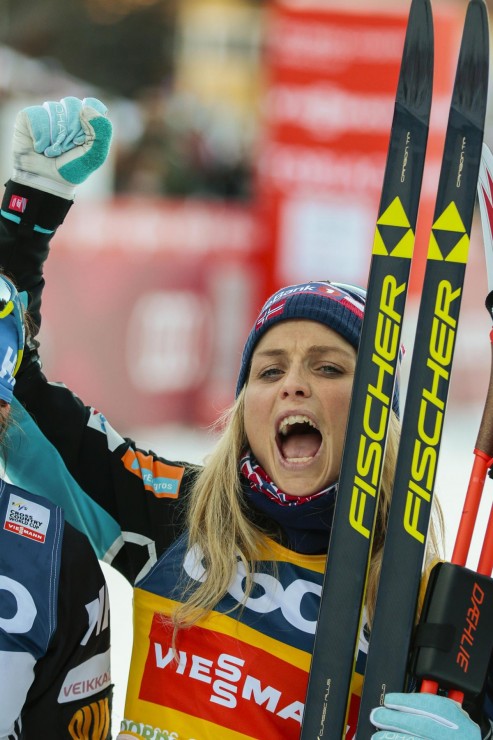
Weng posted the third-fastest times throughout most of the race, but Parmakoski skied a strong final 3 k to hold off both Weng, who started 54th, and Østberg, in bib 58, behind her.
Best known for sprinting, Østberg has been making her mark on the distance races as well this season and currently sits in second in the overall World Cup standings, 112 points behind Johaug. Sunday’s race marked her fifth-individual podium this season, including second place in the Davos 15 k freestyle.
“The season has been so great for me. I nearly cannot believe it,” Østberg told FIS.
Five seconds back from Østberg, Weng placed fourth (+45.2) and Sweden’s Charlotte Kalla was another 5 seconds back in fifth (+50.2). Finland put four in the top nine with Anne Kyllönen in sixth, Laura Mononen in seventh and Kerttu Niskanen in ninth (after Kowalczyk in eighth). Sweden’s Anna Haag placed 10th.
Two U.S. Women in Top 20
The U.S. women’s team had two in the top 20 as Sadie Bjornsen continued her streak of top-20 finishes in every race she’s started so far this season, finishing 19th (+2:04.6), and Jessie Diggins placed 20th (+2:09) for her best classic distance race of 2015/2016.
The American contingent also included Liz Stephen in 34th (+2:39.6), Rosie Brennan in 38th (+3:06.2), Sophie Caldwell in 41st (+3:13.2), and Caitlin Gregg in 43rd (+3.20.1).
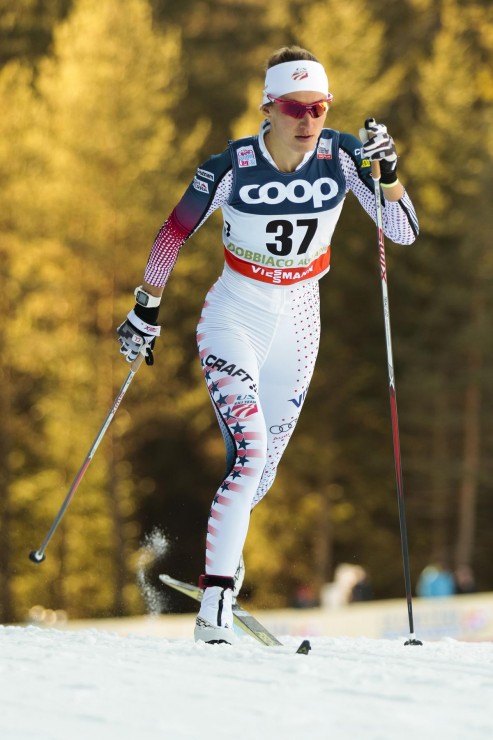
In seven individual World Cup races in the last two months, Bjornsen has consistently placed in the top 20, in both distance and sprint events. Even so, her result on Sunday left her wanting a bit more.
“Today was an incredibly challenging day due to conditions and the track,” she wrote in an email. “I gave it 110%, but unfortunately the result didn’t show what I believe It was capable of today. I went out there trying to win, but the ducks didn’t all align today. It’s ok — one day they will, and I’ll fight for a classic podium!”
The 20th starter, Bjornsen skied a consistent race, posting times at each of the four checkpoints that ranked between 18th and 23rd in the field of 60 racers. Meanwhile, Diggins in bib 29 rallied late in her race to move from 27th to 20th overall in the last three kilometers.
The challenges of the Toblach’s 5 k course, with gradual climbing toward the middle of each lap, were compounded by somewhat-tricky waxing conditions on Sunday. Temperatures were forecast to be around 4 degrees Celsius (39 Fahrenheit), but ended up around freezing (0 Celsius) and the snow on the course was entirely artificial. The course included two 5 k laps and more than 600 meters (1,970 feet) of climbing over 10 k.
While some of the competitors in the men’s 15 k, including winner Martin Johnsrud Sundby, chose to forgo kick wax and double pole on skate skis, the women’s field worked to strike the delicate balance of kick and glide.
“It was warm and artificial snow, but the course held up very well,” Brennan wrote in an email. “This course is tricky because you really need fast skis, but if you are going to go with kick, you want to be able to actually kick so some combination of the right skis and right wax can make a big difference.”
U.S. Ski Team Head Coach Chris Grover suggested the conditions were “not that tricky” and his athletes’ skis were sufficient.
“Our wax techs did a great job and we had good skis,” he wrote in an email. “The course was in good shape. Cold snow that set-up firm overnight.”
Diggins described Toblach as a tough course because it features a lot of gradual climbing, “(which I love because it feels like real classic skiing out there — long kicking and gliding) but also not a lot of rest!” she wrote in an email. “The corners and downhill sections are ones that demand to be worked well, and you can make up a lot of time on them by staying focused and working every inch.”
Stephen echoed the unique challenges of the Toblach course.
“Every hill is kind of the same grade, both up and down and it makes it a challenging one for me to keep the glide and powerful pushes that are needed,” she wrote.
For a team steeped in skating depth, improving classic distance results are encouraging.
“I’ve been working so hard for years to improve my classic skiing, so it feels really good to finally have that hard work come across in World Cup races!” Diggins wrote. “I was happy with my race today, for sure.”
Grover called it “a solid day for the USA but not a standout one.” Asked specifically about Bjornsen and Diggins, he observed, “Both looked good but we know they can ski faster. They both were left wanting more and I think we’ll see a step forward during the Tour [de Ski].”
The first period of the World Cup concluded in Toblach and racers now have a week and a half off before racing resumes with the Tour de Ski on Jan. 1.
The break allows World Cup racers some rest and recovery as well as time for some training, and for those who live in Europe — a trip home for the holidays. It’s also a time to take inventory and gear up for strong racing in Period 2.
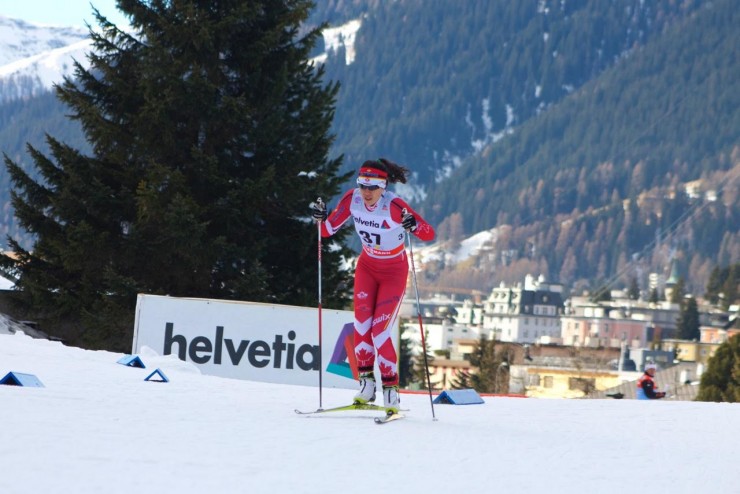
“I am happy with my consistency because I think that shows I have good base fitness, but I am certainly looking to pick up a little speed and some more positive feelings during the Christmas break,” Brennan wrote.
“I felt like after racing every single race in period 1, plus the pre-season Gallivare races, my body is a little tired and I’m really looking forward to a nice relaxing week of training in Davos [Switzerland] with my teammates,” Diggins explained.
The lone Canadian in the women’s race, Emily Nishikawa tied Germany’s Lucia Anger for 39th (+3:10.1), which also tied her best result of the season.
“This was a good result for Emily,” Canadian National Team Head Coach Justin Wadsworth said in a Cross Country Canada press release. “She is in better shape now than she has been in years past. We are hoping for Emily to get into that top-30 so we need to keep working and progressing towards that goal.”
Nishikawa could not be immediately reached for comment.
Kaitlyn Patterson
New to the FasterSkier team, Kaitlyn is a silent sports all-arounder, competing in cross-country skiing, cycling and triathlon since graduating from the University of Michigan, where she ran cross country and track. Kaitlyn is intrigued by the complexities of cross-country ski racing and is excited to start in the elite women’s field at the 2016 Birkie.

